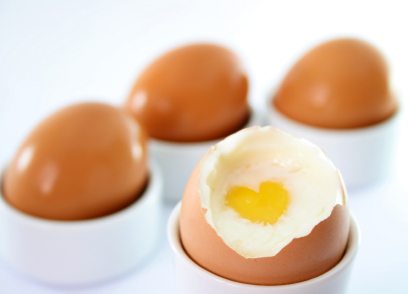
Let’s face it: the subject of cholesterol is a bit confusing. When you consider that over 13 million Americans take drugs to control their cholesterol and yet 50% of people with normal cholesterol still have heart attacks, it starts to make you wonder what the truth about cholesterol really is. (1)
The Cholesterol Conundrum
In many dietary circles cholesterol is infamously recognized as saturated fat’s bad brother sidekick. This is because animal foods that contain saturated fat also contain cholesterol and high serum (blood) cholesterol can make the inside of the arteries in your heart clog up. The higher your cholesterol the more likely you are to have arteries clogged so badly that blood cannot get through and you end up having a heart attack or stroke. But simply eliminating cholesterol from your diet does not mean your arteries will be squeaky clean…not by a long stretch.
First of all, it’s not so much the cholesterol you get from your food that is the main culprit when it comes to the amount of cholesterol in your bloodstream. High cholesterol is mostly brought on by:
- Eating too much Saturated Fat (note: just because a food is rich cholesterol does not mean it is also rich in saturated fat—eggs and shrimp are excellent examples, both eggs and shrimp are considered to be high in cholesterol but neither one is high in saturated fat.)
- Eating Trans fat
- Consuming Too Many Empty Calorie Refined Carbohydrates
Most people are surprised to hear carbohydrates can increase cholesterol but if the empty calorie carbohydrates you eat (bagels, crackers, soda, etc.) are not burned for energy they can be converted by your body into saturated fat and your body can actually manufacture cholesterol from the saturated fat. Plus, empty carbohydrate consumption stimulates your body to produce large amounts of insulin, and insulin activates the main enzyme responsible for manufacturing cholesterol in your liver. So yes, cholesterol is more complicated than just avoiding eggs.
The Truth about Cholesterol
Not to pour more confusion into the mix, but the truth about cholesterol is that cholesterol in itself is not the total evil substance you might think it is.
For one, cholesterol is a precursor to vitamin D, an anti-inflammatory “superstar” vitamin that plays a crucial role in your overall health, including protection from heart disease and stroke. (2) Interestingly, foods that provide vitamin D also tend to be high in cholesterol (including eggs.)
Cholesterol is also the “parent molecule” of your sex hormones (testosterone, estrogen and progesterone.) And, it even aids in the manufacture of bile acids that are needed to properly digest fat. Additionally, cholesterol forms a protective coating around the myelin sheath of our nerves, thus helping our brain to communicate with the rest of our body in an efficient and uninterrupted manner.
Cholesterol is such an important substance that it is contained in practically every cell in the human body and used for many essential functions. In fact, cholesterol even plays an important role in mood, memory and the ability to learn. The point is, cholesterol is not all bad.
Good Cholesterol & Bad Cholesterol
The “good” HDL cholesterol is so good that having a number over 65 is considered a negative risk factor for coronary artery disease. Cholesterol is carried through your bloodstream attached to two different compounds called lipoproteins: low-density lipoproteins (LDL) and high-density lipoproteins (HDL).
LDL is commonly known as the “bad” or “lousy” cholesterol because it is the cholesterol that gets deposited on arterial walls, thus creating hardening of the arteries. HDL is considered the “good cholesterol” because it acts like a broom and sweeps your arteries clean.
Know Your Ratio
The ratio of your good to bad cholesterol is much more important than just your total cholesterol. According to the American Heart Association, you should keep your cholesterol ratio at or below 5:1. The ideal cholesterol ratio is about 3.5:1. To find your cholesterol ratio, you divide your total cholesterol number by your HDL, or good, cholesterol number. For example, if your total cholesterol number is 200 and your good cholesterol is 50, your total cholesterol ratio is 4:1.
Interestingly, the ratio between your total cholesterol and your HDL is primarily determined by the type and amount of carbohydrates you eat, not by the amount of fat or cholesterol you consume. (3)
Furthermore, the unrefined plant food-rich “Clean Cuisine” diet we recommend including foods like vegetables, fruits, healthy fats from nuts, seeds, avocados and plenty of phytonutrients (especially phytosterols) has been shown to lower cholesterol, particularly the “bad” LDL kind. A study published in the prestigious Journal of the American Medical Association showed that participants in a large, randomized trial who ate less animal foods and added more plant-based foods rich in plant sterols and plant-fats lowered their “bad” LDL cholesterol more than those who just followed a low-saturated fat diet.
An Antioxidant Rich Diet Is Essential for Heart Health
It is also important to point out that it is essential to prevent cholesterol from oxidizing.
Oxidized cholesterol becomes sticky and it is sticky cholesterol that is dangerous and can clog your arteries. Oxidized cholesterol results from a poor diet that is low in antioxidants, environmental pollutants, drugs, radiation, and other life style issues. A diet that is low in antioxidants, especially diets high in processed grains, breads, low fat diet foods and sugars will cause your cholesterol and oxidation to rise, thus making your cholesterol dangerous and sticky. In comparison, eating an antioxidant rich “Clean Cuisine” diet with plenty of fruits, vegetables, beans, unrefined whole grains, nuts and seeds will supply your body with a hefty amount of antioxidants that will help prevent cholesterol from oxidizing.
Don’t Discount Genetics

Although there are many things you can do to improve your heart health and optimize your cholesterol ratio, you cannot deny genetics play a role. It’s not fair but some people simply process cholesterol better than others.
That doesn’t necessarily mean that the people with high cholesterol who also have excellent cholesterol ratios with a high “good” HDL and a low “bad” LDL level as well as healthy blood pressure, healthy body fat and ideal waist to hip ratio, low CRP levels and low triglycerides are all walking heart attack time bombs waiting to explode simply because they have high cholesterol!
The point is whether or not you get your total cholesterol down super low by following the Clean Cuisine lifestyle is not necessarily relevant because you will lower your body weight, blood pressure, CRP levels, body fat, and triglycerides on our plan and all of these offsetting health improvements are so intrinsically more beneficial to heart health and more beneficial to aging and inflammation in general that they offset whether or not you ever get your total cholesterol down super low.
You have to realize that while your cholesterol level is important it is absolutely not the only factor to be concerned with when it comes to heart health.
The Truth About Cholesterol: Where Science and Public Health Policy Intersect
An excellent review article I came across entitled “Cholesterol: Where Science and Public Health Policy Intersect” in the academic journal Nutrition Reviews summarized the opinions of nationally recognized experts on diet and health as they relate to cholesterol intake from food.
Interestingly, the current United States policy as laid out by the FDA and the Committee on Diet and Health is at odds with the international community’s policy. While the United States recommends specific limits on cholesterol intake (less than 300 mg/day for most people and less than 200 mg/day for persons with elevated blood levels of LDL, the “bad” type of cholesterol) other countries’ health policies make no specific recommendations.
The World Health Organization, along with agencies representing Canada, Australia, and Great Britain, instead recommend reducing fat intake and the intake of saturated fat and trans fat in particular. The primary reason for this difference in opinion is the known stronger association between saturated fat intake and blood cholesterol levels than cholesterol intake and blood cholesterol levels. Additionally, not everyone responds to dietary cholesterol reduction in the same way; as few as seven percent of the people would respond to substantially limiting dietary cholesterol by also showing a reduction in blood cholesterol levels.
The Bottom Line on Cholesterol
After reviewing hundreds of academic studies, here is my advice when it comes to cholesterol in a nutshell, instead of worrying so much about how much cholesterol is in a food like eggs you should worry more about limiting your animal based foods in general and limiting your animal-based saturated fat intake. As long as the bulk of your daily calorie intake comes from unrefined plant foods (beans, whole grains, fruits, vegetables, nuts, seeds, etc.) you can still enjoy foods that are notoriously high in cholesterol like eggs and shrimp without worry. As part of a heart healthy diet you should also eliminate trans fats and drastically reduce empty calorie carbohydrates (no more than 1 serving per day as part of a treat.)
And beyond that you should focus on doing all of the other things I recommend as part of the Clean Cuisine lifestyle that are proven to keep your heart healthy—exercise regularly, enjoy a glass of wine with dinner (this is optional but more than 100 studies suggest light to moderate drinkers have a lower risk of heart disease), get most of your protein from plants instead of animals, eat a broad spectrum of phytonutrient-rich plant foods including beans, fruits, whole grains, nuts, seeds and vegetables every day, eat wild fatty fish 2 or 3 times a week and supplement with a pharmaceutical-grade fish oil daily, take a high-quality multi-vitamin, achieve a healthy body weight (if you are overweight you will lose weight as a “side benefit” of following the Clean Cuisine lifestyle and losing even a modest amount of weight can lower cholesterol), cook with lots of garlic, herbs and spices and drink green tea regularly.
Eliminating cholesterol from your diet and banning eggs is far too simplistic of an approach for improving heart health. And not necessarily an effective one either…
References:
1. American Journal of Cardiology 2003, August 1; (92) 3)
2. Kilkkinen A et al. Am J Epidemiol. 2009 Oct 15;170(8):1032-9. Epub 2009 Sep 17. Vitamin D status and the risk of cardiovascular disease death.
3- Mensink RP, Zock PL, Kester A, Katan MB.“Effects of dietary fatty acids and carbohydrates on the ratio of serum total to HDL choleseterol and on serum lipids and adolipoproteins: A meta-analysis of 60 controlled trials. Am J. Clin Nutr 2003;77:1146-1155.
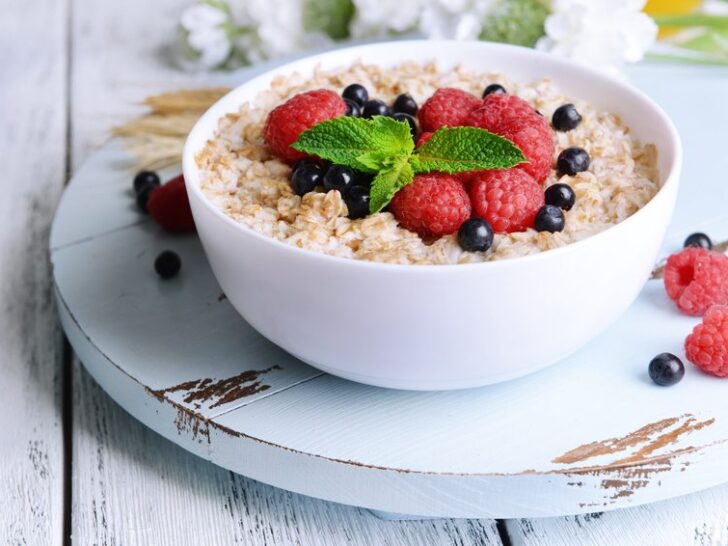
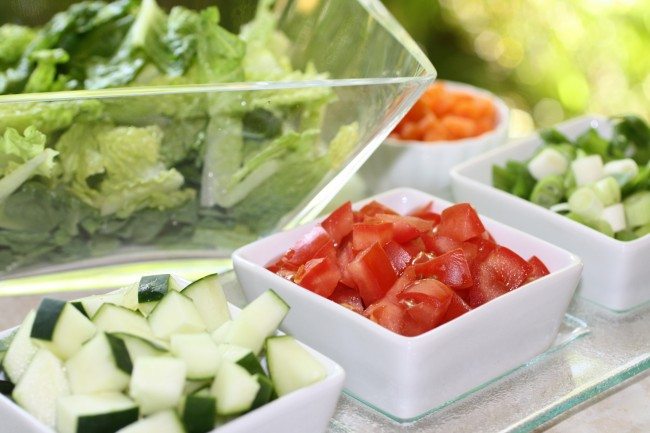

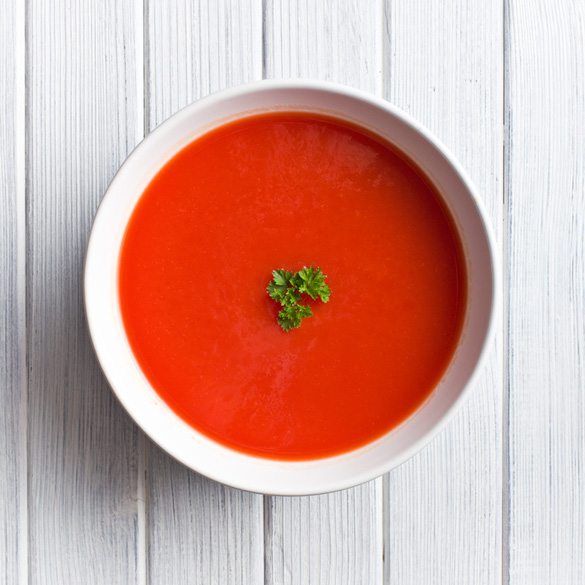
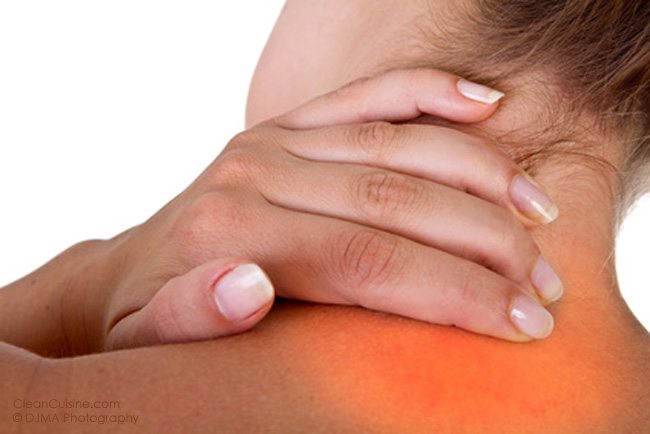
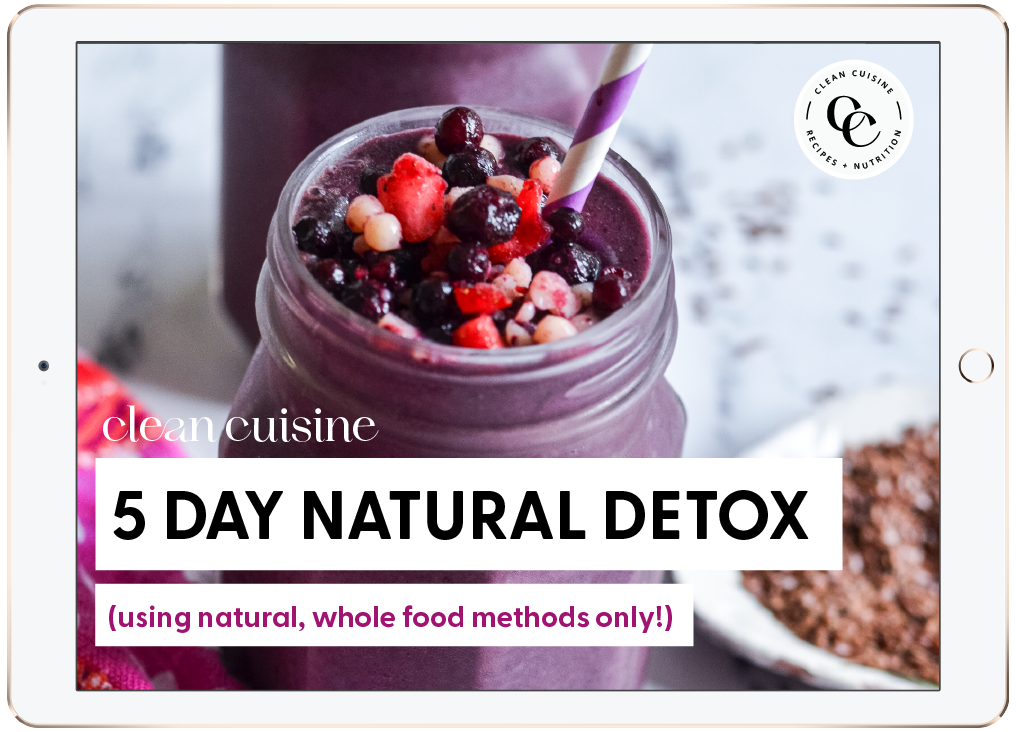
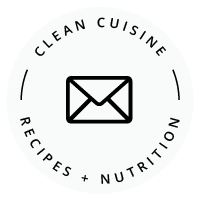
Steve
Sunday 7th of September 2014
Ancel Keys theory may have killed a lot of people over the years and authorities are taking a long time to back away from it but it is apparent that they are when saturated fat and cholesterol(a certain type of ldl,in theory) are no longer the cause of CVD but just a "contributor"(one of many). One thing that a lot of people think is that cholesterol floats around in the blood all by itself and one could easily think that when your article says ""Oxidized cholesterol becomes sticky and it is sticky cholesterol that is dangerous and can clog your arteries."" Cholesterol is carried in the blood by 'Lipoproteins"and it dose not stick to artery walls.The conundrum is Lipoproteins drop the cholesterol where it is needed and atherosclerosis which develops within the wall or the artery contains cholesterol among other things,cholesterol that has been carried there by lipoproteins and atherosclerosis doesn't develop throughout the whole artery but mainly at pressure points so one side of the artery can be ok the side where the greatest pressure hits develops atherosclerosis. The idea or any suggestion that cholesterol is like sludge in a drain pipe is misleading,untruthfull and just takes people for fools and has done much damage to health because it gives people the idea that you can just clean out your pipes and you'll be right. So at the end of the day even if this particular type of LDL does become sticky then why does the lipoprotein drop it where it does or maybe why doesn't the lipoprotein drop off some "slippery" cholesterol ? Even so called 'healthy people' with no apparent risk markers can have a heart attack and/or atherosclerosis which often go undetected until they cause problems.Will the real cause of CVD please step forward.